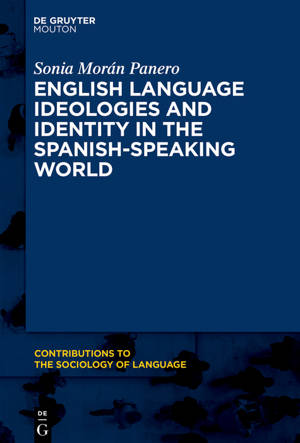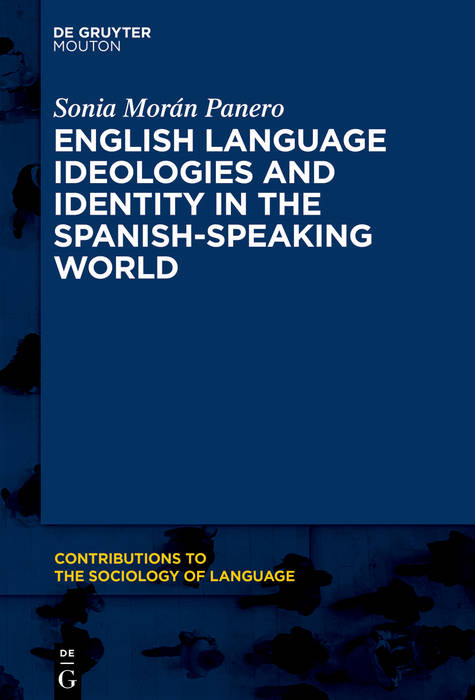
- Afhalen na 1 uur in een winkel met voorraad
- Gratis thuislevering in België vanaf € 30
- Ruim aanbod met 7 miljoen producten
- Afhalen na 1 uur in een winkel met voorraad
- Gratis thuislevering in België vanaf € 30
- Ruim aanbod met 7 miljoen producten
Zoeken
English Language Ideologies and Identity in the Spanish-Speaking World
Sonia Morán Panero
€ 116,45
+ 232 punten
Omschrijving
As English continues to spread as a global language, it is often talked about as a make-or-break resource for people all over the world. While adding English to one's linguistic repertoire can provide symbolic and material opportunities, access to such affordances is often mediated by strong judgements on how it should be used. These powerful ideas can position 'non-native' users of English in situations of linguistic inequality, especially when their linguistic practices do not fit recognised varieties, standards, or teaching models. This book critically explores how scholars, experts and lay speakers construct conceptualisations of English as a global lingua franca, with a particular focus on discursive practices emerging from the Spanish-speaking world. It draws from ELF perspectives, still scarce in these settings, to investigate what English means to these speakers and how they make meaning through its use. The empirical data presented analyses how speakers in Chile, Mexico and Spain construct multiple and often contested interpretative repertoires to talk about English and diverse ways of speaking it. It highlights the semiotic and linguistic effects of such ideas and the contextual variability with which users mobilise contrasting ideological positions from moment to moment. As speakers' ontological fluidity contrasts sharply with the monolithic linguistic representations they report to encounter in their English language education, the book appeals to teachers as well as academics and users. It encourages us all to actively examine the performative power of ideas about language and variation, and to use the critical awareness to tackle enduring forms of sociolinguistic injustice.
Specificaties
Betrokkenen
- Auteur(s):
- Uitgeverij:
Inhoud
- Aantal bladzijden:
- 270
- Taal:
- Engels
- Reeks:
- Reeksnummer:
- nr. 120
Eigenschappen
- Productcode (EAN):
- 9783110725995
- Uitvoering:
- Hardcover
- Afmetingen:
- 155 mm x 230 mm

Alleen bij Standaard Boekhandel
+ 232 punten op je klantenkaart van Standaard Boekhandel
Beoordelingen
We publiceren alleen reviews die voldoen aan de voorwaarden voor reviews. Bekijk onze voorwaarden voor reviews.








